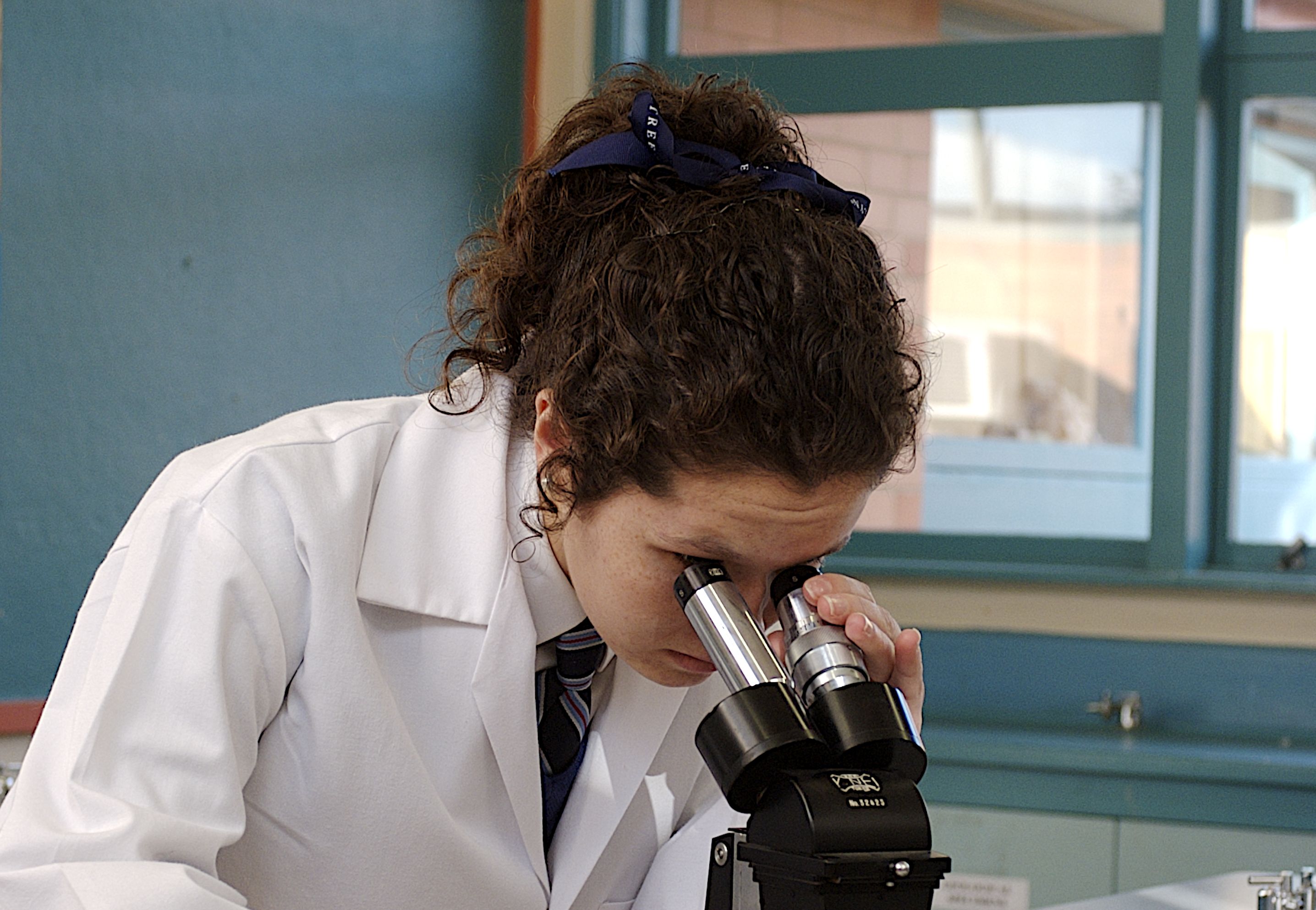The recent collapse of alternative qualifications and the narrow focus on which qualifications count for Progress 8 scores mean that GCSE Combined Science has become the default entry route to a science qualification for students in England. Some schools co-teach GCSE Combined Science with Entry Level Certificate (ELC), but an increasingly challenging curriculum presents difficulty for the subject teachers as well as the students.
Many teachers have reported that literacy and numeracy are barriers to success. Students predicted a low grade for GCSE Combined Science are likely to be at a similar (or lower) level in Maths and English. Many students working at this level might have special educational needs. The strategies I set out below will suitable for all students working at ELC through to Grade 3 at GCSE, and above.
Literacy
Literacy includes reading, writing, and speaking. Too often the importance of speaking is overlooked, and it recently became fashionable to reduce teacher talk, meaning that students are not always exposed to the discussion work and vocabulary that improves their literacy. Plan in activities for reading, writing and speaking; it’s good practice for students of all abilities. Don’t forget, science news articles from different newspapers will have different reading ages, so pick articles that match the reading ability of your learners.
When working with text consider the length of your sentences, keep them short and functional and avoid complex terminology but do use subject-specific vocabulary― it may be in the exam! The font type and font size are important, as can be the colour of the text (at my last school we used off-white paper for all students as several of our dyslexic learners said it helped them in class). Space text out if you can, especially if you expect learners to write in the gaps.
Numeracy
The ASE has produced some excellent guidance for maths within science, so make sure someone in the department has read it and extracted the useful parts for your department. Whilst formula triangles can be a useful crutch for some students, teach mathematical content for understanding so that students understand the relationships and not just the letters in a formula!
Practical work
Practical work is key for lower-attaining students. It helps them access and understand the science in the curriculum. Regular structured practical work helps those sitting ELC to plan for the teacher-devised assessments, and allows students to focus on the essential science when carrying out GCSE required practicals. Practical work also develops self-esteem and improves teamwork (both paired work and small group work) and its value in developing independent learners shouldn’t be overlooked.
Executive function skills
Students working within the ELC to Grade 3 bracket often have poor executive function skills. This can hamper their ability to plan (practical work, question responses), focus attention, manage time and so on. Fortunately there are strategies that can help…
- Break tasks down into steps
- Use timers and reminders to help students manage their time
- Scaffold answers – for example, using a writing frame can help students focus on the content and not get bogged down with organising their response. Consider visual organisers if you haven’t used them before
- Written or visual instructions can help many learners
- For students with autism (and many without) now and next boards can help
- Make sure students know how to get help if they need it
Everything else!
How to fit the lessons learned from twenty years of special school teaching into a single blog post? Use ICT when appropriate, for example, pre-created and locked-down spreadsheets to process practical results and create a graph for students. Build in spaced retrieval practice by quizzing students on previous content and using flashcards. Be consistent in your approach and your resources across lessons and relate your science teaching to real life (there is usually a real-life application you can include in your teaching). Finally, know your students – if they have an EHCP or education plan be sure you know the needs of your learners―know their reading age and test/CATS scores. Raise your expectations and have fun – if you enjoy teaching, your learners will enjoy learning.
Rob Butler was a special school science teacher for twenty years, with the last six as a deputy head. He’s worked with mainstream schools as a former AST and has also been on the TES science panel. He’s an active member of the ASE and sits on their 11-19 committee, keeping his finger on the pulse of science education. Rob stepped down from teaching at Christmas to reduce his hours and go part time. He now works with his local science learning partnership (Derbyshire and Derby city). Rob has written ELC/1-3 materials for Kerboodle and is also the author of Oxford’s new AQA GCSE Foundation: Combined Science Trilogy and Entry Level Certificate Workbook.
